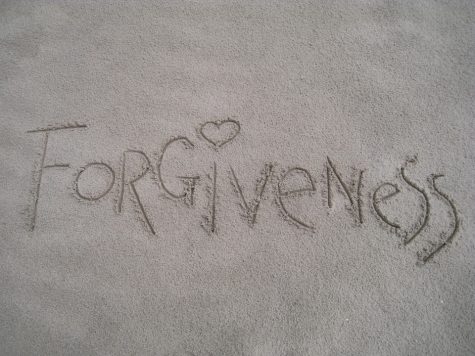When Should We Forgive?

An important lesson we learn as children is the value of forgiveness. We are told that forgiving those who have wronged us is an important step in moving on.
It’s the whole “be the bigger person argument.”
Forgiveness is a powerful thing. It can be very personal for whoever decides to give it. Being able to forgive those who hurt us isn’t easy.
But forgiveness should never be mandatory. A person should never feel obligated to forgive someone just because they were told it was the right thing to do.
This idea of “mandatory forgiveness” seems to cheapen the very concept of forgiveness. I’ve had people that have harmed me in my life and I can’t say that I’ve forgiven them. We often conflate the concept of “letting go” with the concept of forgiveness.
I can’t forgive everything, but I don’t let those who’ve hurt me control my life.
I’ve seen this happen a lot where people think that just because someone apologizes they should automatically receive forgiveness. When Louis C.K. was outed as a sexual harasser, there was a push for the public to forgive him when he released an apology after the fact.
But the thing is, no one deserves a cookie just for doing the right thing. It’s not fair to judge others for not wanting to forgive someone when you have no personal stake in that conflict.
If everyone is obligated to forgive, then forgiveness is practically meaningless.
I’m not saying that no one deserves to redeem themselves after doing bad things. But I think part of redemption is accepting that those you’ve hurt may never forgive you. It’s about learning to live with that.
You are the only one that can decide if you want to forgive or not. Not forgiving doesn’t make you a broken person who can never find peace. You can only find peace through yourself.
